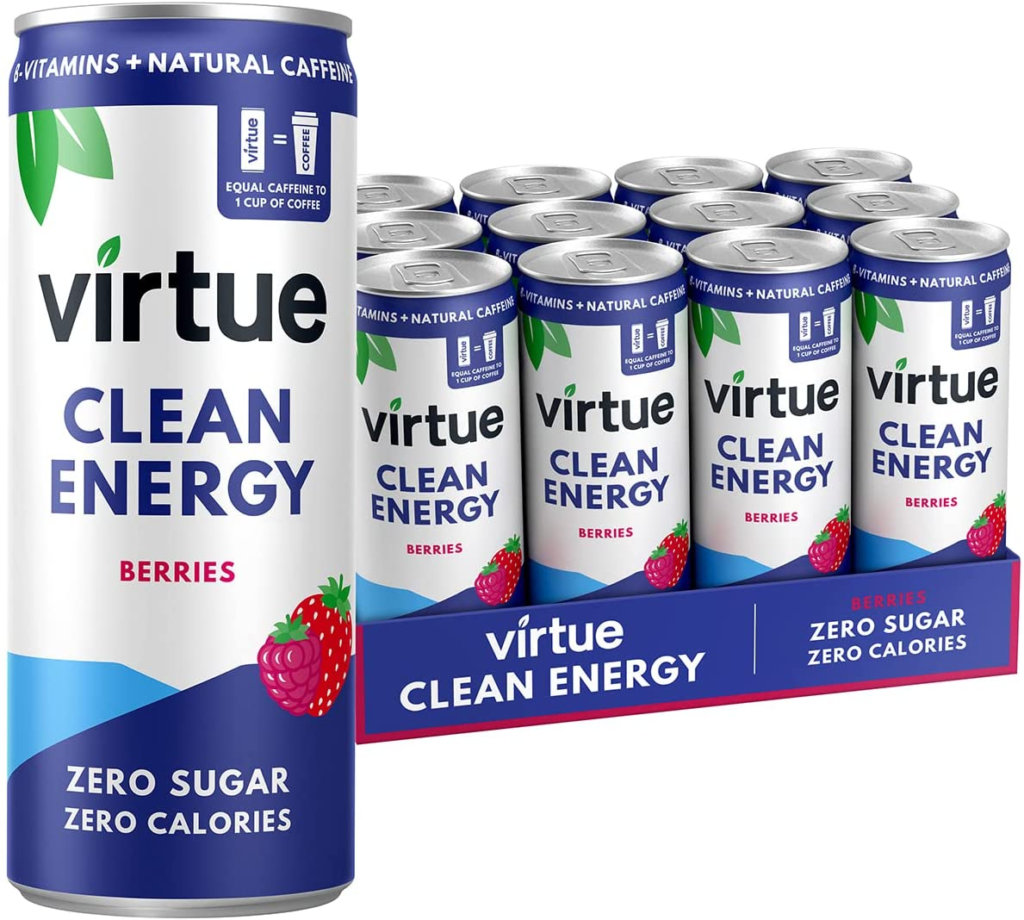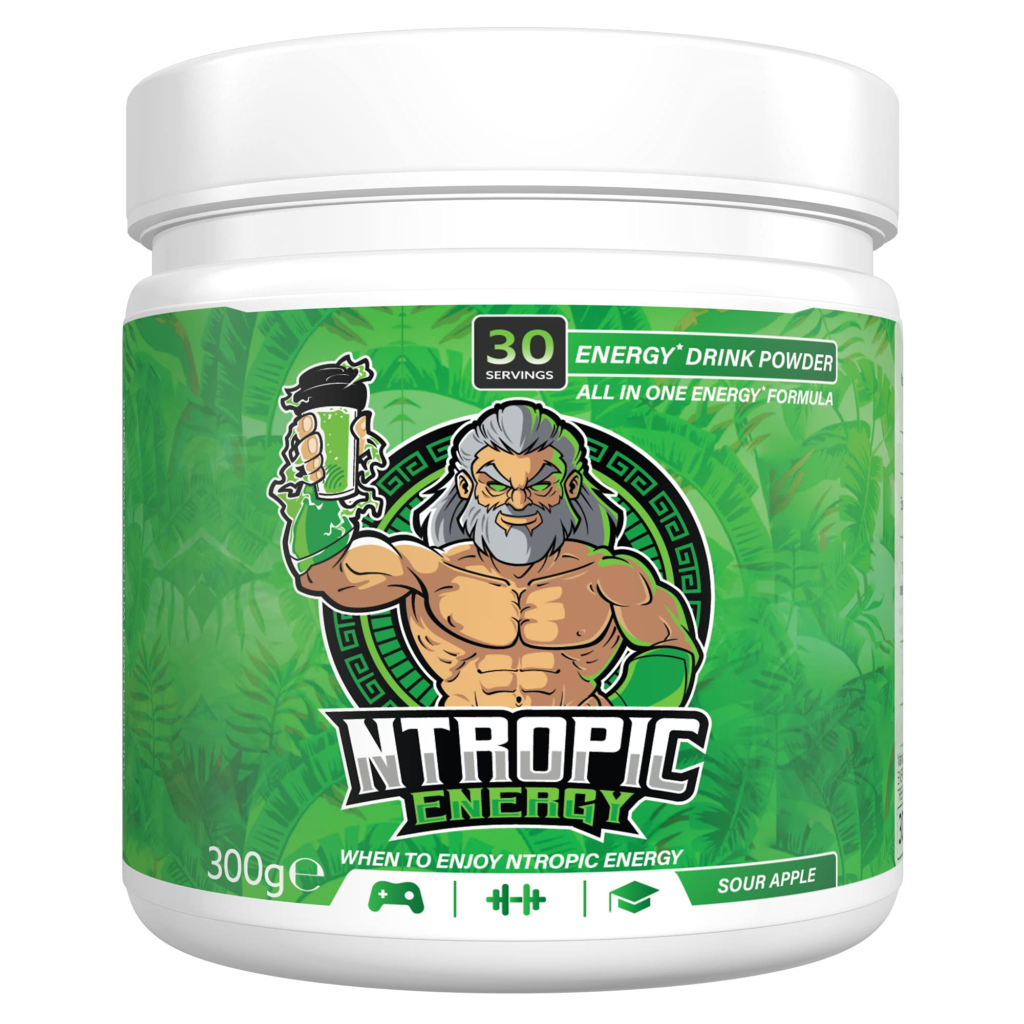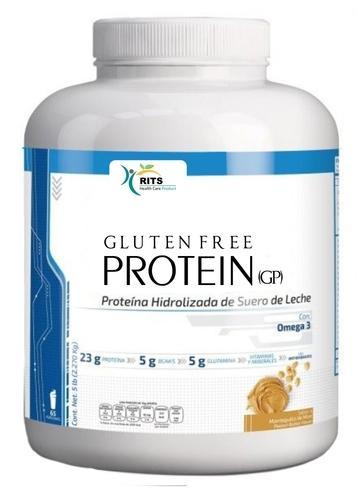Are you an athlete? Are you looking for Gluten-free energy powder? Are they beneficial?
Protein powders are dietary supplements that may help people reach their fitness and weight goals. Several companies offer gluten-free protein powders to buy online.
What is Gluten-free meaning?
Gluten is the structural protein component of the grains wheat, rye, and barley, and it is the basis for a variety of food products consumed throughout the world. Gluten proteins, major determinants of the bread-making quality of wheat, are related to several digestive disorders, and celiac disease is the most studied of these pathologies. The health effects of gluten have received increasing attention both in medical research and popular media, and remain highly controversial. People with the diagnosed coeliac disease require a lifelong strictly gluten-free diet. In addition to celiac disease patients, it has been hypothesized that a substantial proportion of the population may be gluten intolerant (non-celiac gluten sensitivity), and could benefit from reducing gluten in their diet. However, clinical evidence for the existence of such conditions and other purported adverse health effects of gluten remain inconsistent. Nevertheless, there is a growing popular perception that gluten-free foods are healthier, and in recent years, there has been a dramatic increase in demand and consumption of gluten-free foods in many Western countries. Adherence to a gluten-free diet for non-celiac athletes has become increasingly popular. In this narrative review, the effects of a gluten-free diet are discussed, and its impact on health and sports performance in athletes is examined. A gluten-free diet among many athletes does not result from evidence-based practice, and in the majority of cases is not based on medical rationale and may be driven by the perception that gluten removal provides health benefits and an ergogenic edge in non-celiac athletes. Actually, athletes with inadequate energy intake and/or who exclude certain foods or food groups may not meet sports nutrition guidelines for key nutrients, and as a result, athletes could have at an increased risk for musculoskeletal injuries, iron-deficiency anemia, hormonal imbalances, and immune suppression.
Is whey protein powder gluten-free?
Whey protein is one of the most popular protein powders on the market. When paired with resistance exercise, it helps to increase muscle building due to its rapid absorption rate and impact on anabolic hormones. Whey is a by-product of the cheese-making process. Special enzymes are added to heated milk during cheesemaking to cause the casein in milk to solidify and separate from the liquid material. Whey protein is the liquid material. The whey protein is then rinsed and dried into a powdered form, which is subsequently added to protein smoothies or added to foods and recipes for a protein boost.

Whey protein is naturally gluten-free because it is isolated from milk; however, many whey protein powders may contain gluten-containing additives such as flavorings, stabilizers, or preservatives. Furthermore, even though whey powder does not contain a glutenous ingredient, it can be cross-contaminated with gluten if it is processed in the same facility as other gluten-containing goods.
So how can you tell if popular protein powders have gluten? In the United States, any product labeled “gluten free” must be made with gluten free ingredients and contain fewer than 20 parts per million (ppm) of gluten. If you see “gluten free” written on a protein powder product, that should serve as indication that the protein powder is, in fact, gluten free. Also, you can look out for protein powders that have been certified gluten free by a third-party organization, such as the Gluten Free Certification Organization (GFCO). To receive the GFCO seal of approval, products must contain no more than 10 ppm of gluten — a requirement that is even more stringent than what is required by law.
Benefits of gluten-free protein powder
Protein supplements, such as protein powder, are used to help people grow muscle and lose weight. Muscle is made up of proteins, which are the building blocks of the body. Protein is also required for the production of hormones, enzymes, and other substances in the body. Protein’s important amino acids — specifically, the branched-chain amino acids (BCAAs) — are used by the body to relieve fatigue, improve athletic performance, and accelerate muscle recovery after exercise for those looking to gain muscle mass. Gluten-free protein powder has the same benefits as regular protein powder. You shouldn’t let a gluten intolerance prevent you from getting the most out of your workout by using a protein powder. Simply make sure to buy a gluten-free protein powder that has been third-party tested.

Final Words
Protein powders are dietary supplements that may help people reach their fitness and weight goals. Several companies offer gluten-free protein powders to buy online. Protein, a complex molecule comprised of amino acids, is one of the essential macronutrients, along with carbohydrates and fats, that make up a person’s diet. Protein provides the building blocks for muscles, tissues, organs, and other cells in the human body. The body cannot store amino acids, so people must consume them throughout their diets.

